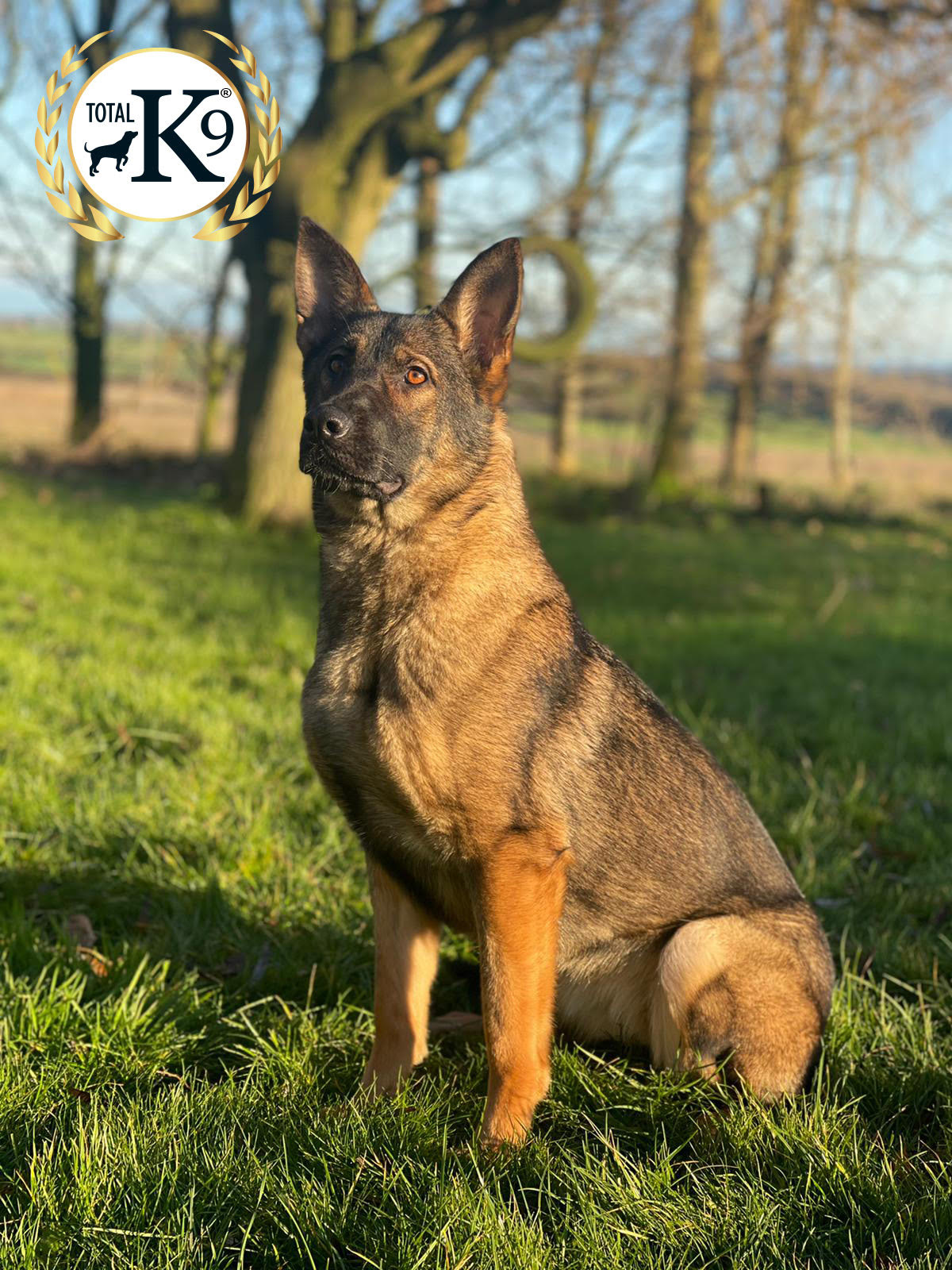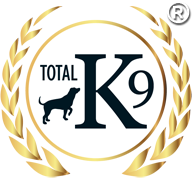Eight to ten weeks old During this phase of your puppy’s life, you should teach them the basics, such as their name, encouraging them to go to the toilet in the garden and good manners. Use food rewards when they succeed. Establish a schedule that includes regular feeding times, training and play times, toilet breaks and nap times. Gradually increase the length of training sessions from five to ten minutes as their attention span grows.
Ten to 12 weeks
At this stage, start to expand the range of your puppy’s obedience commands, such as training them to sit, or walk to heel. Continue to use food rewards. It’s time to introduce the lead and harness, the two most-used tools in your dog’s life. Let them get used to their harness by putting it on while they are in the house, making sure you supervise at all times. Your puppy should love their lead and harness, associating them with good things. Post-vaccinations, your pup can socialise with calm dogs on walks.
Three to six months
Work on more complex commands while indoors, such as “sit and stay”. When outdoors, continue socialising your pup with other dogs. Go on longer walks and work on lead training and the “heel” command. Try to start weaning your puppy off food rewards. Replace them with praise and affection when they respond to your commands with the correct behaviour.
Six months to one year
By the time they’re one year old, your dog should have made significant progress in all the behaviours you’ve been teaching them. Your puppy should know all their basic commands and have a solid foundation of potty training, crate training and socialisation. This is a time for reinforcing what they have learned already. Use a long extendable lead to practice “sit and stay” safely outdoors and include recall to practice your puppy coming to you from a longer distance. Present new challenges by walking through more populated areas with various distractions to improve their skills.
Formal training
When it comes to formal training – such as training police dogs, for example – a puppy will start command and light training at a Police Dog Training School to assess their potential. An assessor will look for qualities such as agility, boldness, willingness, stamina, determination, mental toughness and intelligence. Puppies who have potential can begin their full training course from the age of around one year to 18 months old. At Total K9 ® the training takes place during a challenging 13-week course focusing on control, safety and efficiency. Dogs that pass the course are given a licence from the Home Office to work as police dogs. All dogs, whether domestic pets or security dogs, can continue to learn throughout their life.

